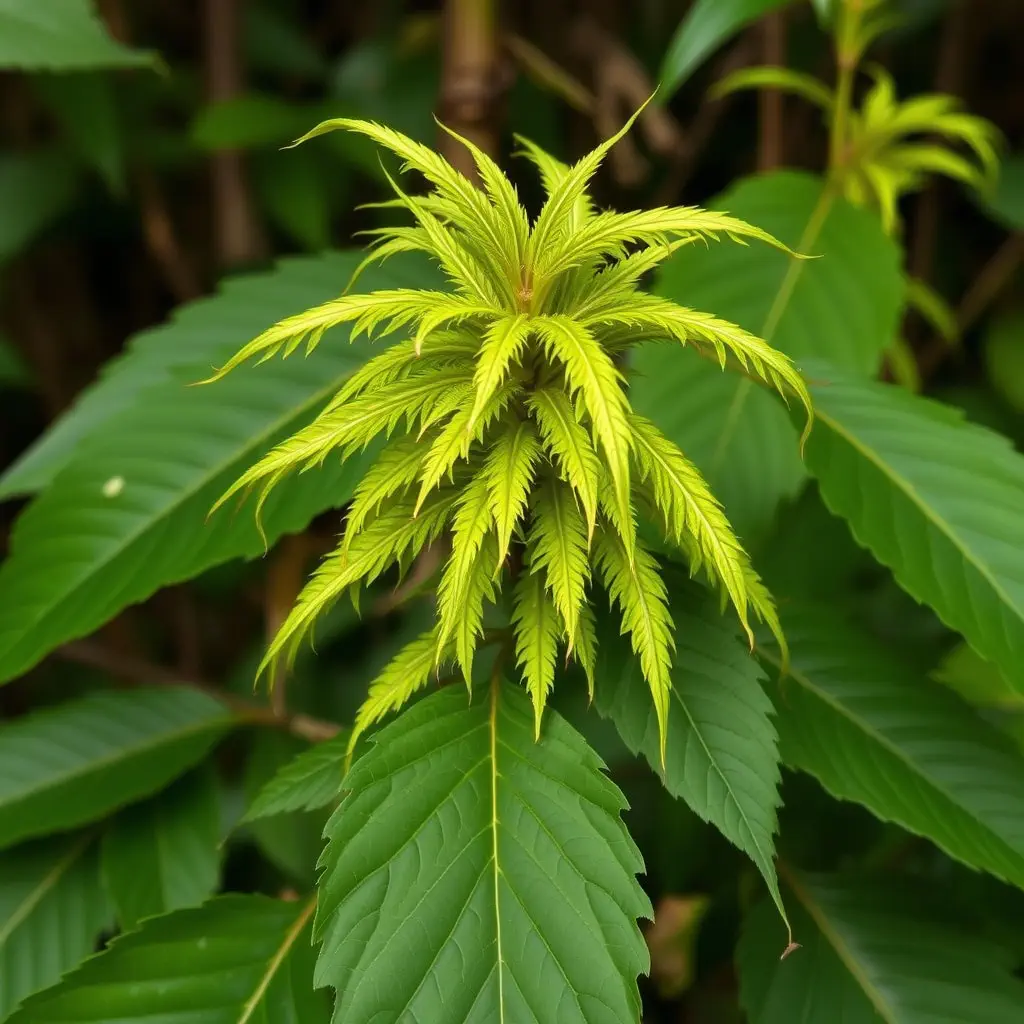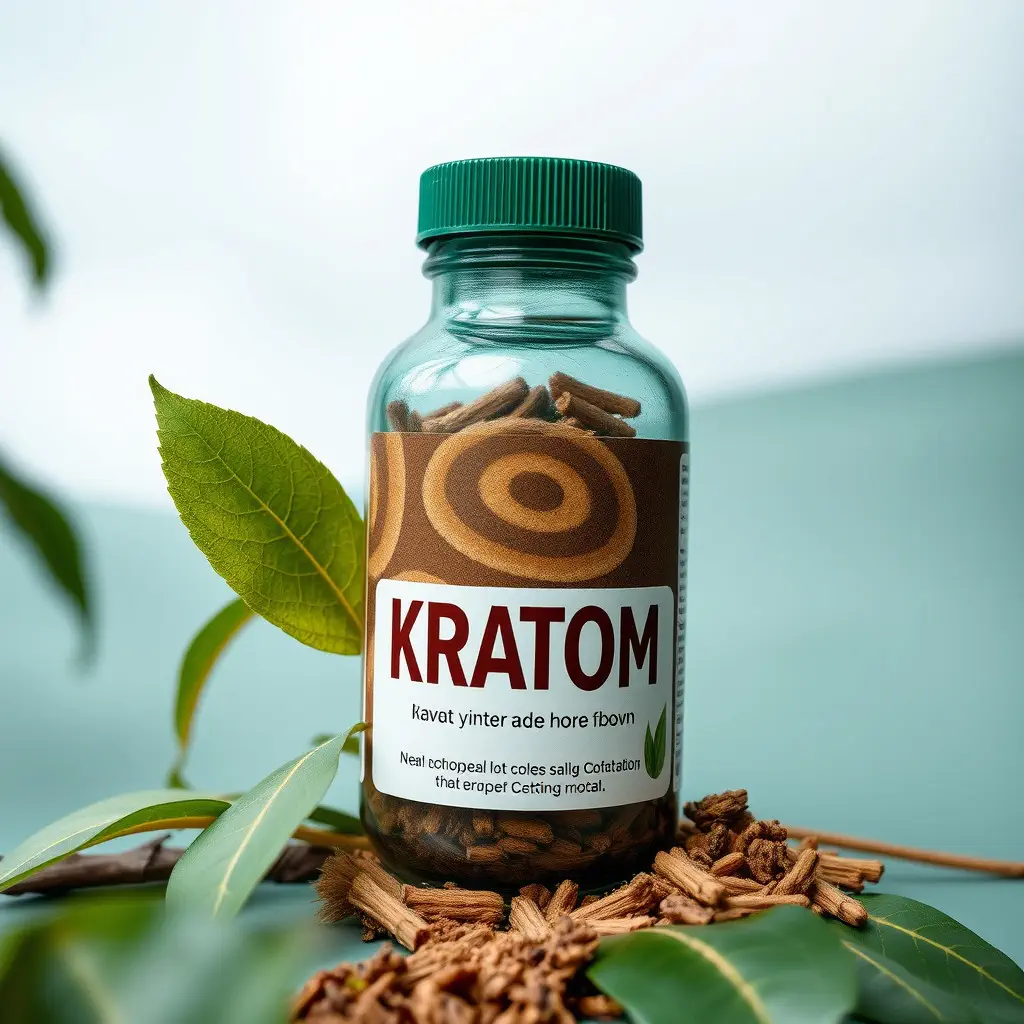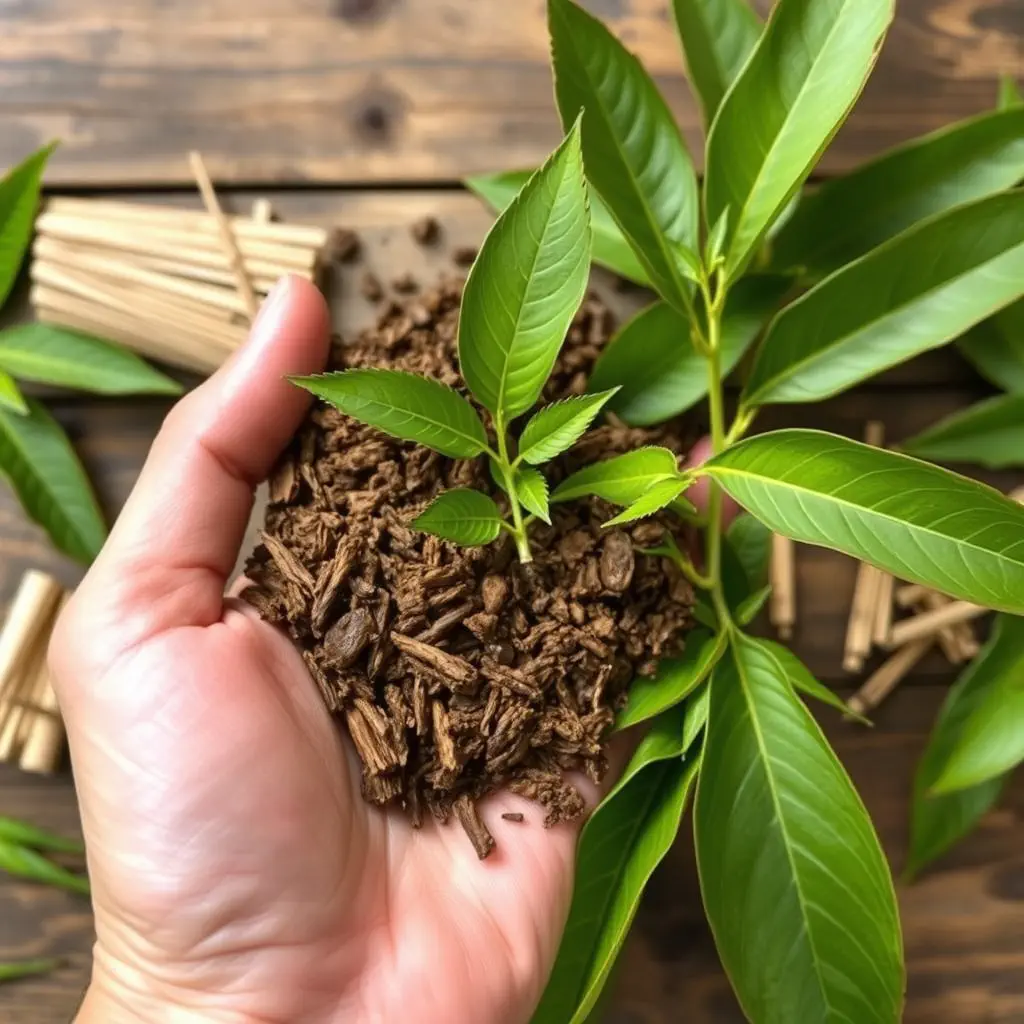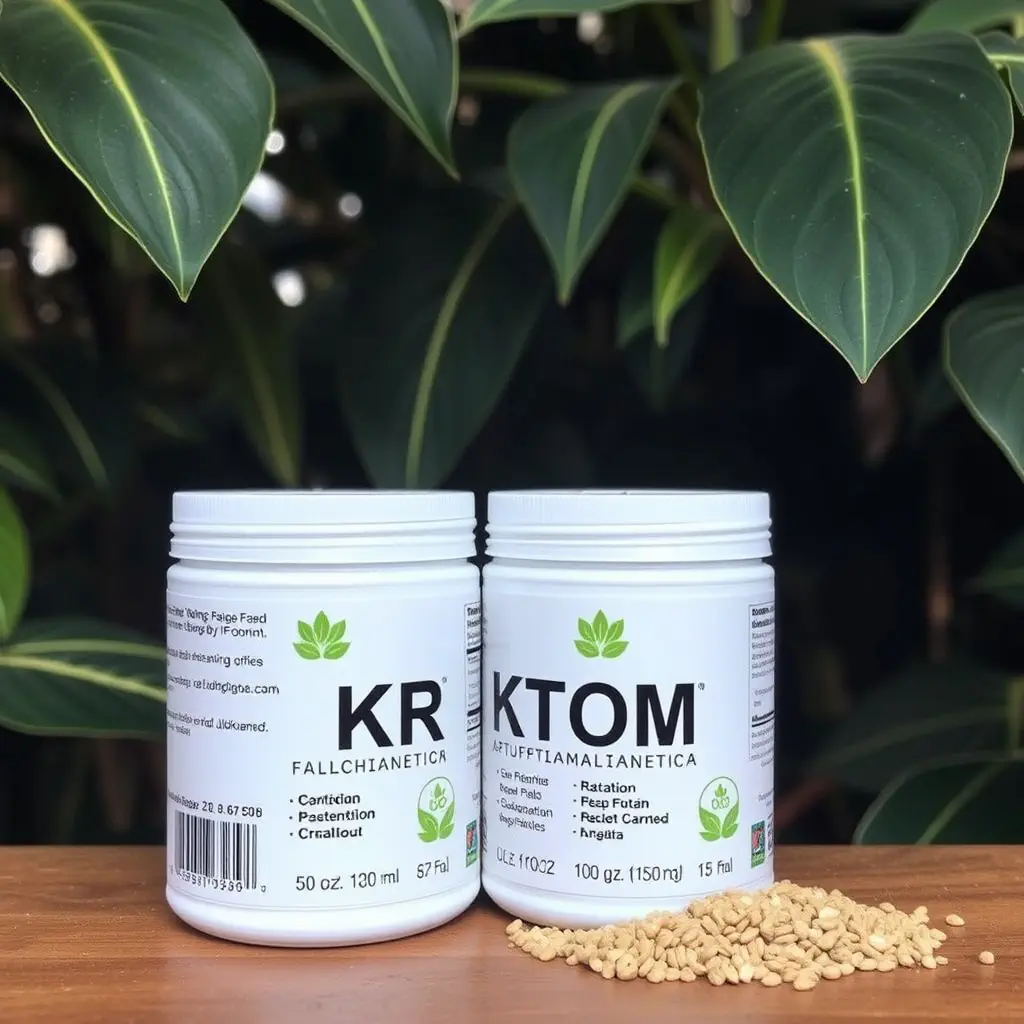Kratom, a plant from Southeast Asia, is gaining attention for its potential role in natural anxiety management due to its alkaloids mitragynine and 7-hydroxymitragynine. These compounds may interact with brain receptors to affect mood and stress responses. While some studies and user reports suggest kratom can induce calmness and ease anxiety, it's crucial to approach its use responsibly due to individual differences in response and the need for professional healthcare guidance. The efficacy of kratom in managing anxiety varies among users, and its regulatory status, potential side effects, and complex interactions with neurotransmitters like serotonin and dopamine highlight the need for further scientific research. This research aims to elucidate kratom's full potential and ensure it is used effectively and safely as part of a holistic approach to anxiety management that includes healthy lifestyle choices.
Exploring the interplay between natural compounds and mental health, this article delves into the potential of Kratom in managing anxiety and enhancing mood. By examining Kratom’s role in mood regulation and its scientifically supported effects, readers will gain insights into how it may be integrated into a holistic wellness strategy. Join us as we navigate ‘Anxiety Management with Kratom’ and its implications for overall well-being.
- Understanding Kratom's Role in Anxiety Management
- The Science Behind Kratom and Its Effects on Mood Regulation
- Integrating Kratom into a Holistic Approach for Improved Well-being
Understanding Kratom's Role in Anxiety Management

Mitragyna speciosa, commonly known as kratom, has garnered attention in the realm of natural remedies for managing anxiety. The leaves of this tropical evergreen tree contain compounds that interact with the brain’s receptors, potentially offering a modulating effect on mood and stress responses. For individuals seeking anxiety management with kratom, it is important to understand both the therapeutic potential and the nuanced nature of its effects. Kratom contains alkaloids such as mitragynine and 7-hydroxymitragynine, which can influence neurotransmitter systems involved in mood regulation, such as serotonin and dopamine. While research is ongoing to fully elucidate kratom’s role in anxiety management, anecdotal evidence and initial studies suggest that it may provide a sense of calm and reduced anxiety for some users. It is crucial to approach the use of kratom with caution, as individual responses can vary significantly. The appropriate dosage and strain of kratom can differ from person to person, and it should be used responsibly, ideally under the guidance of a healthcare provider, especially given the regulatory status of kratom in various regions. Users should also be aware of potential side effects and interactions with other medications. Understanding kratom’s role in anxiety management requires a careful consideration of both its therapeutic possibilities and the need for further scientific investigation to confirm its efficacy and safety.
The Science Behind Kratom and Its Effects on Mood Regulation

Kratom, a tropical evergreen tree native to Southeast Asia, has garnered attention in discussions surrounding mood regulation and anxiety management due to its unique alkaloid composition. The scientific community has been investigating kratom’s effects on the brain, particularly how it interacts with neurotransmitter systems. Mitragynine and 7-hydroxymitragynine are the primary active compounds in kratom; they bind to opioid receptors, as well as other neuroreceptors, which can influence mood. Studies have suggested that kratom may modulate the release of neurotransmitters such as serotonin and dopamine, contributing to its potential for improving mood and managing anxiety. These effects can be particularly beneficial for individuals experiencing low mood or mild-to-moderate anxiety, offering a sense of calmness and well-being without the sedative effects associated with traditional opioids.
Furthermore, the influence of kratom on mood regulation is multifaceted. It is believed to exert its effects through various pathways within the brain, including the modulation of pain perception, mood enhancement, and the alleviation of symptoms associated with withdrawal from opioids. Users report a range of subjective experiences, from increased energy and focus to relaxation and decreased stress. The precise mechanisms behind these effects are still under scrutiny; however, preliminary research indicates that kratom may offer a promising alternative for those seeking natural ways to manage mood and anxiety, particularly in cultures where it has been traditionally used. As with any substance, it is crucial to approach the use of kratom with caution, considering its potential side effects and legal status in different regions. Ongoing research continues to shed light on the efficacy and safety of kratom for mood regulation, with the hope of providing evidence-based guidance for its use in anxiety management.
Integrating Kratom into a Holistic Approach for Improved Well-being

Kratom, a plant from Southeast Asia, has garnered attention in holistic health practices for its potential mood-enhancing properties. When integrated into a comprehensive wellness strategy, kratom may offer benefits for individuals seeking natural alternatives for anxiety management. Its alkaloids, particularly mitragynine and 7-hydroxymitragynine, interact with the body’s opioid receptors, which can influence mood regulation. Users often report a sense of well-being and reduced anxiety levels after consuming kratom, suggesting its potential use in managing stress and promoting a more balanced emotional state.
It is crucial for individuals considering kratom as part of their holistic approach to consult with healthcare professionals. This is because the appropriate dosage and strain selection are key factors in achieving the desired effects without adverse side effects. Additionally, a holistic strategy should encompass lifestyle changes, such as regular exercise, a balanced diet, mindfulness practices, and adequate sleep, all of which can synergistically work with kratom to enhance overall well-being. By focusing on a holistic approach that includes kratom where appropriate, individuals may find effective anxiety management and a notable improvement in their quality of life.
In conclusion, the potential of kratom as an aid in anxiety management and mood improvement is multifaceted, deeply rooted in scientific evidence, and presents a promising addition to holistic wellness strategies. By understanding its role in mood regulation and integrating it judiciously into a comprehensive health plan, individuals may experience enhanced overall well-being. It is imperative to approach the use of kratom with caution and within the bounds of legality and medical guidance, ensuring safe and informed practice. As research continues to evolve, so too will our understanding of how this botanical substance can contribute positively to mental health and daily quality of life.






